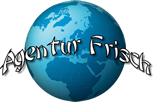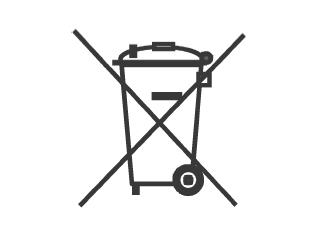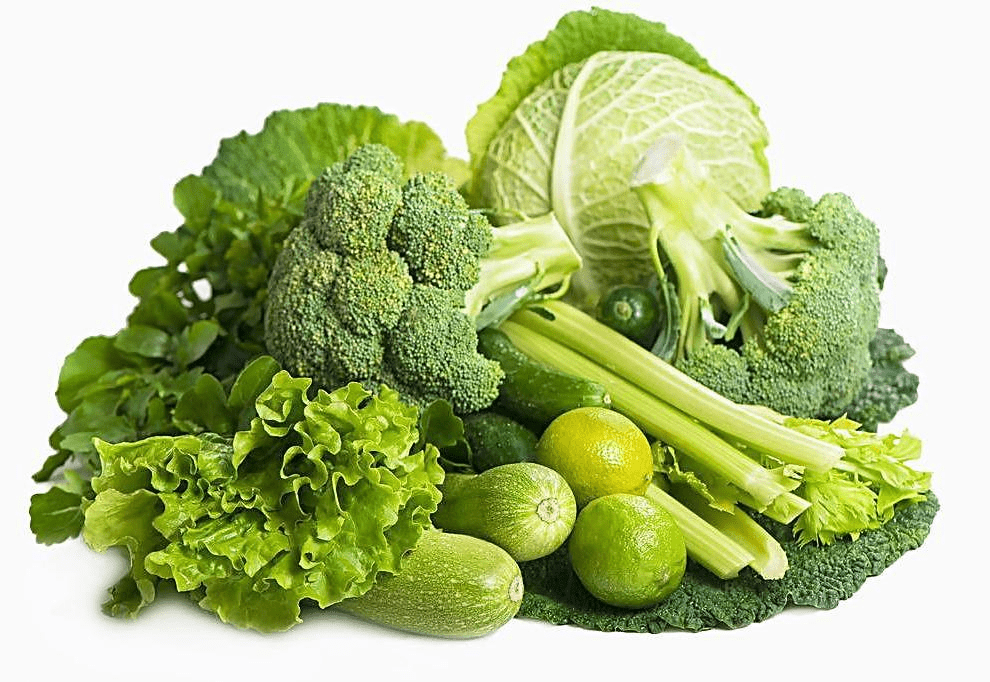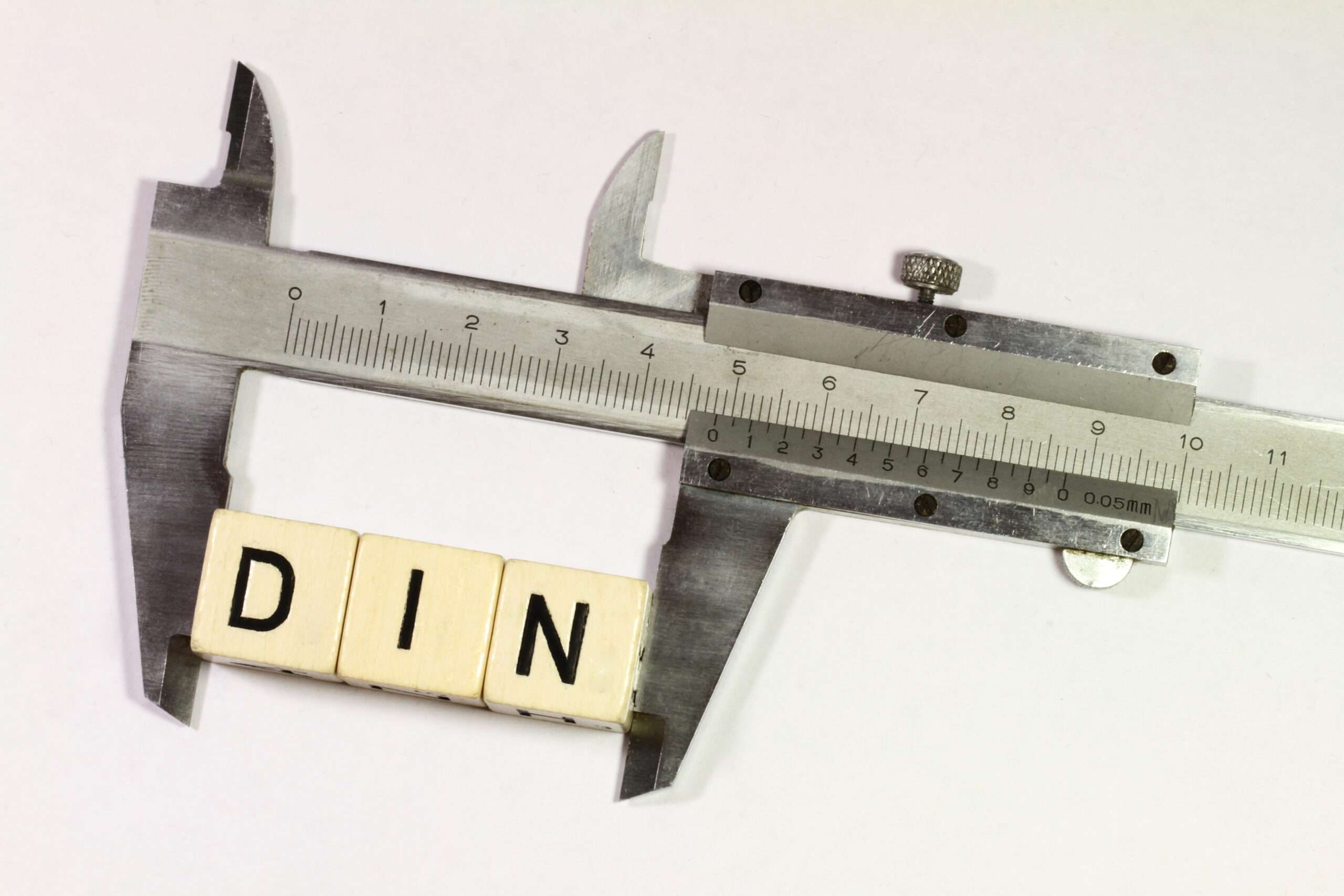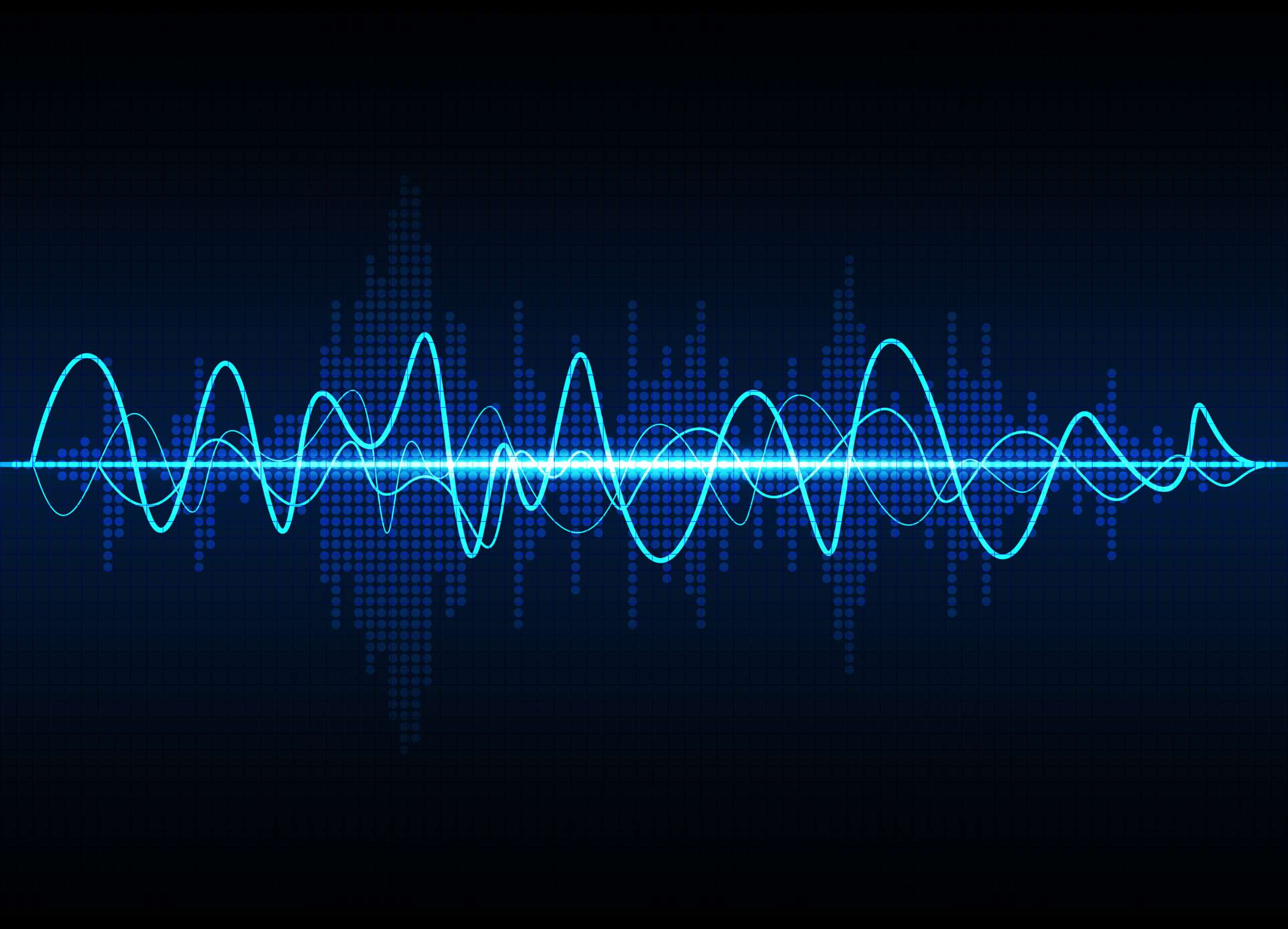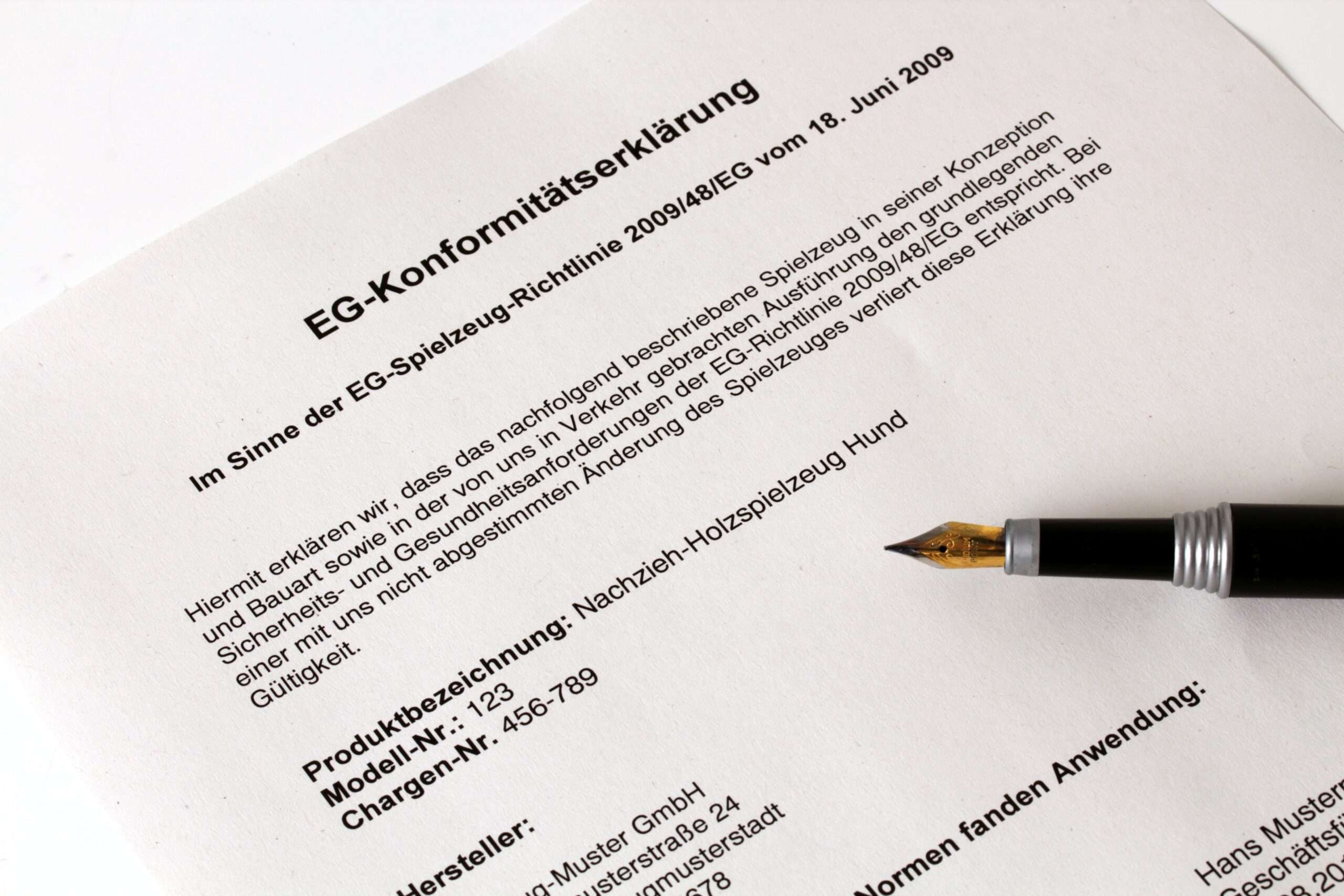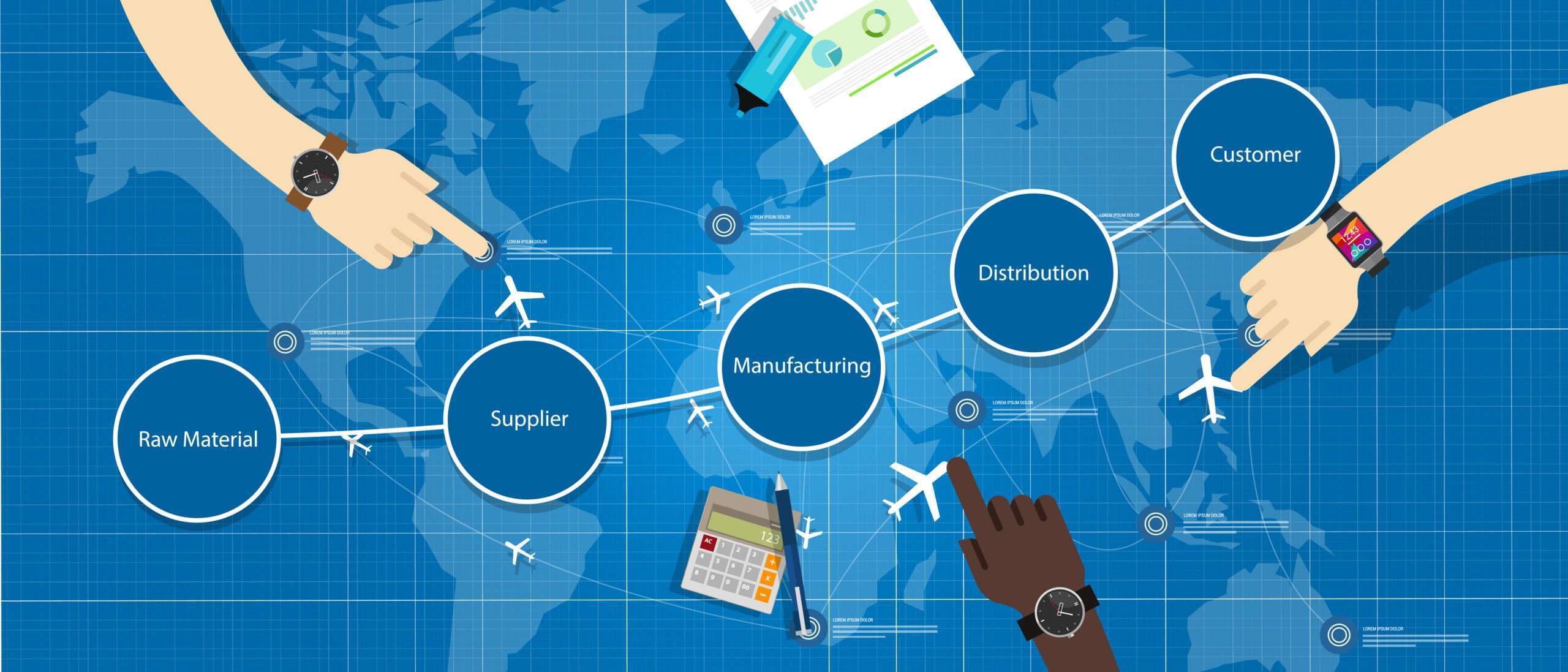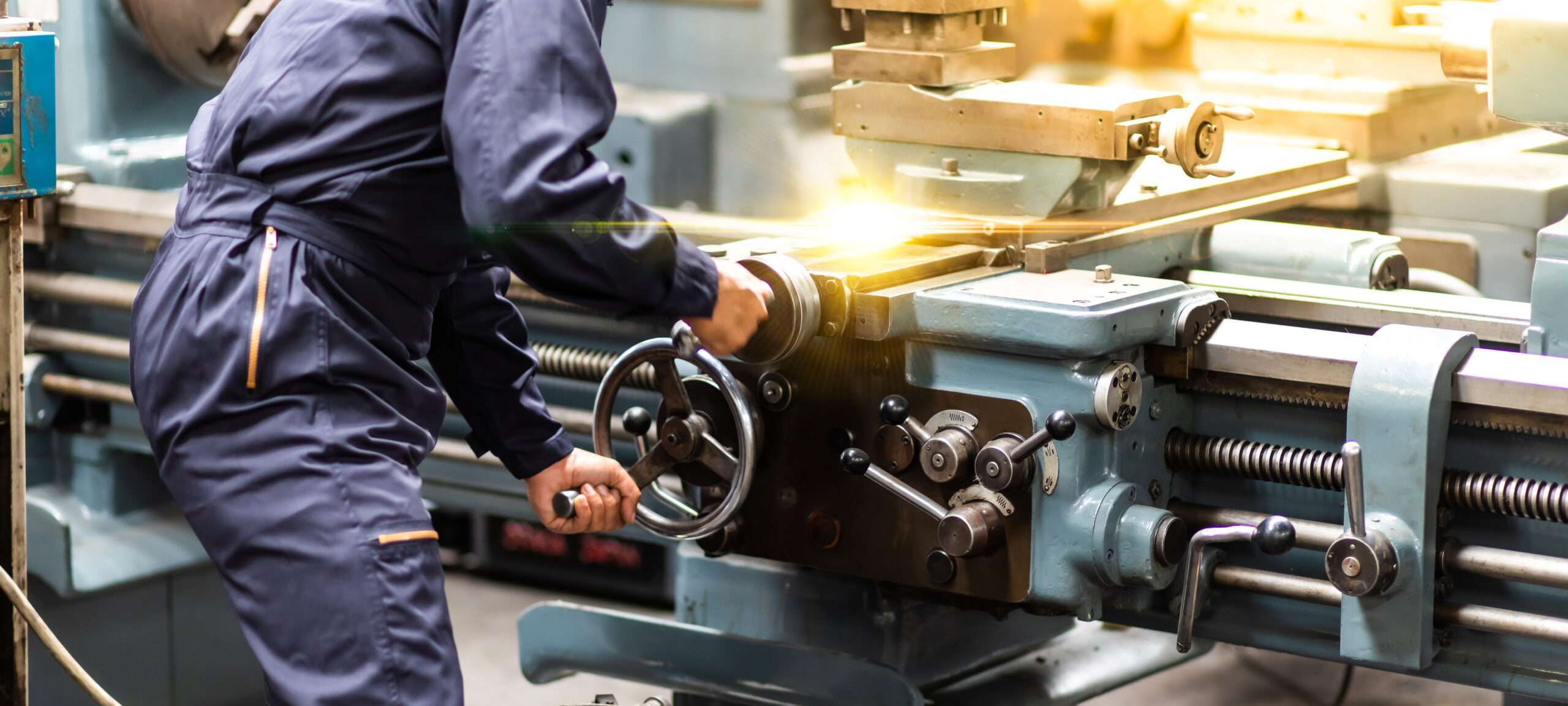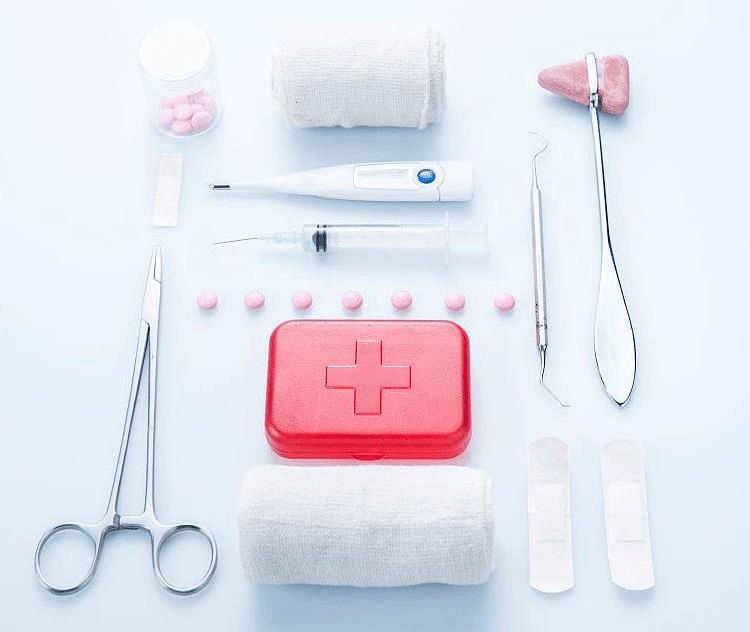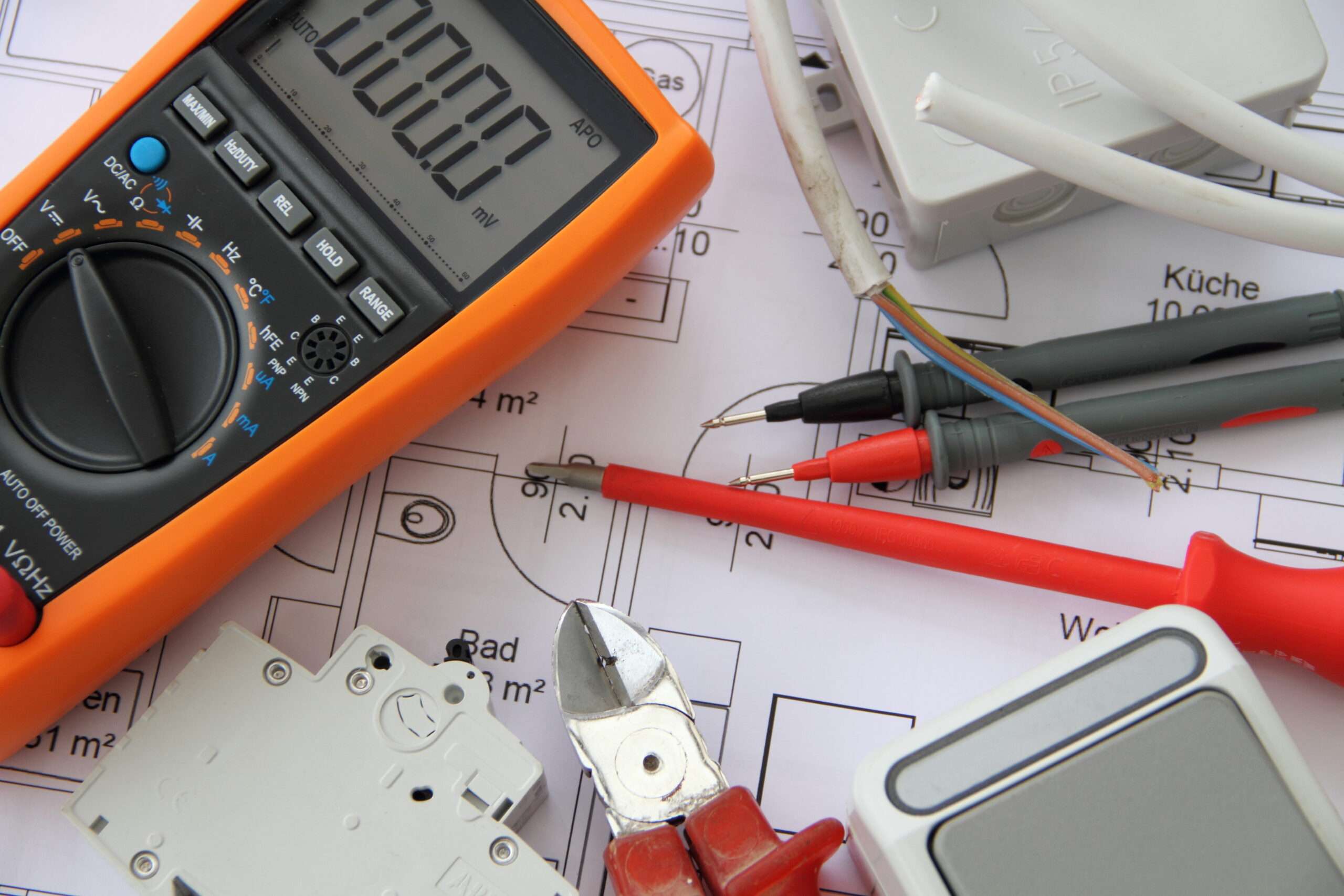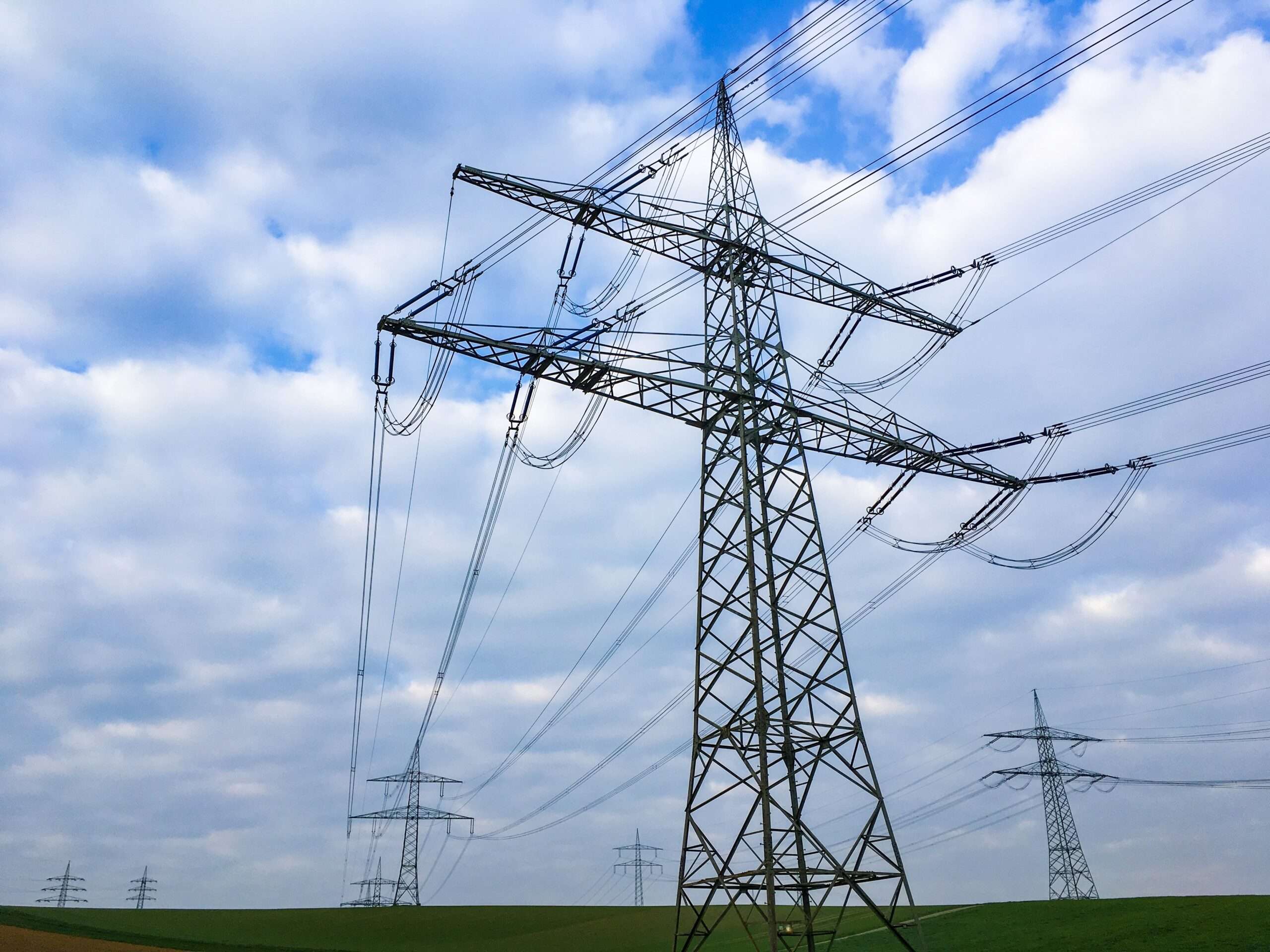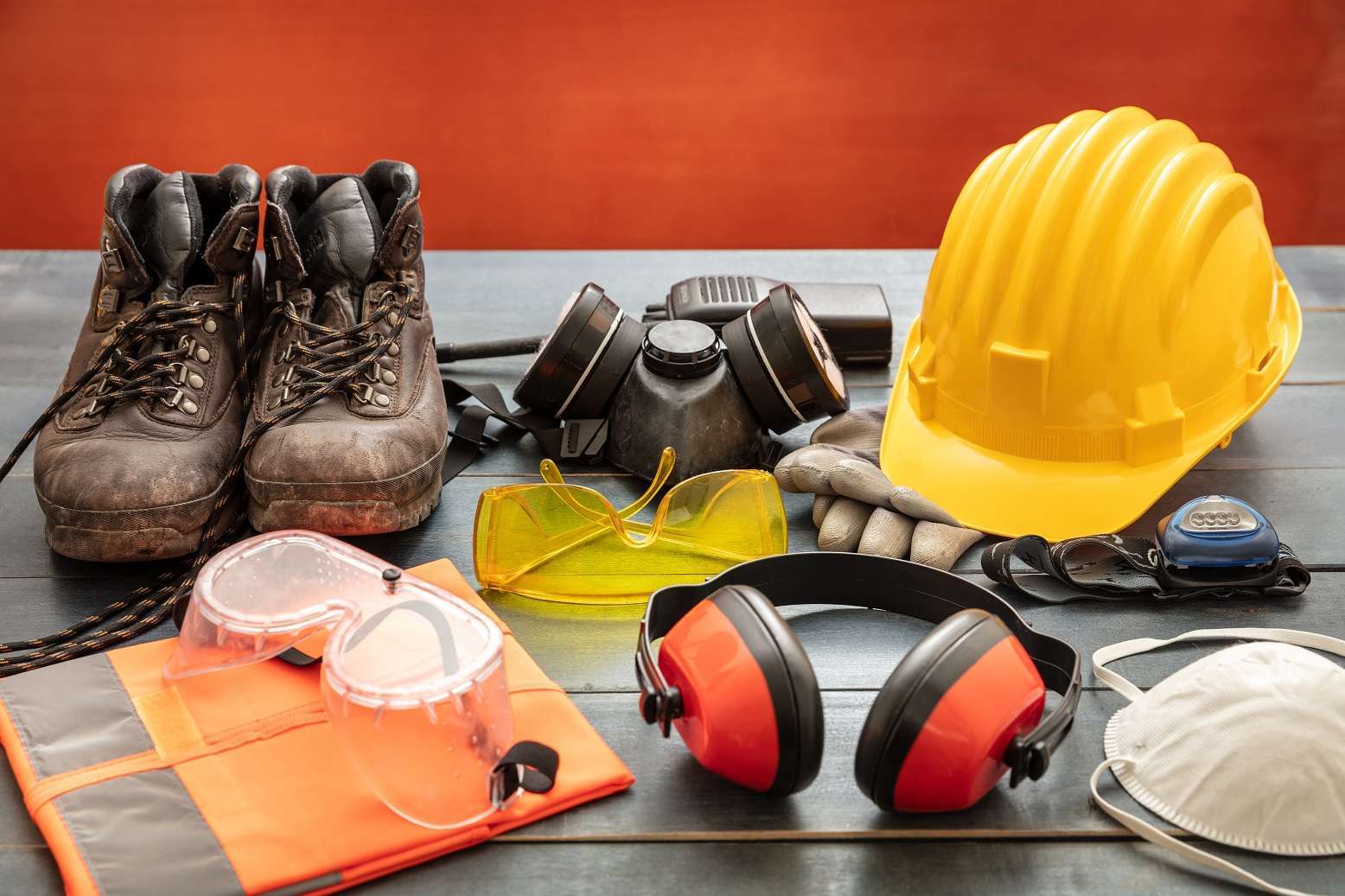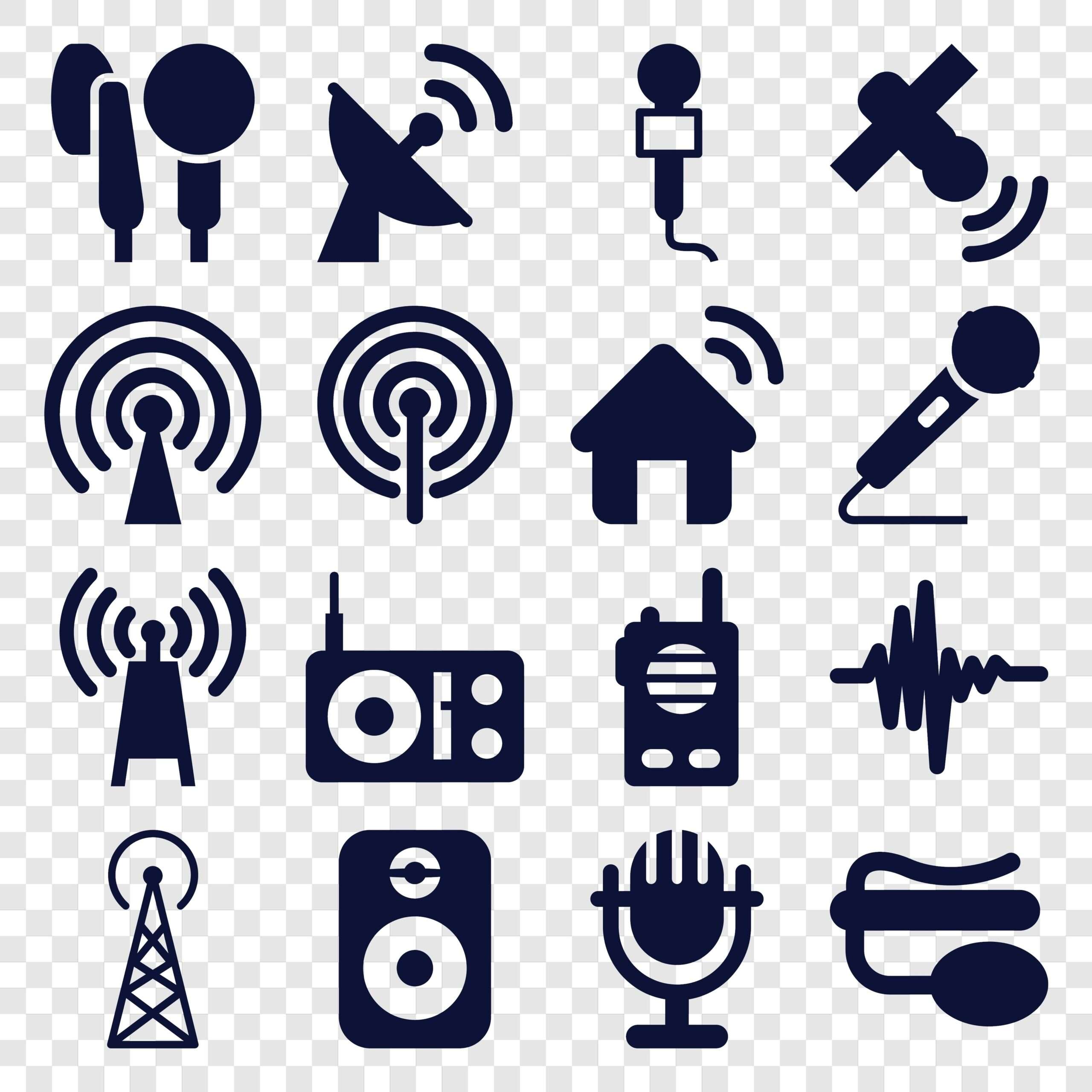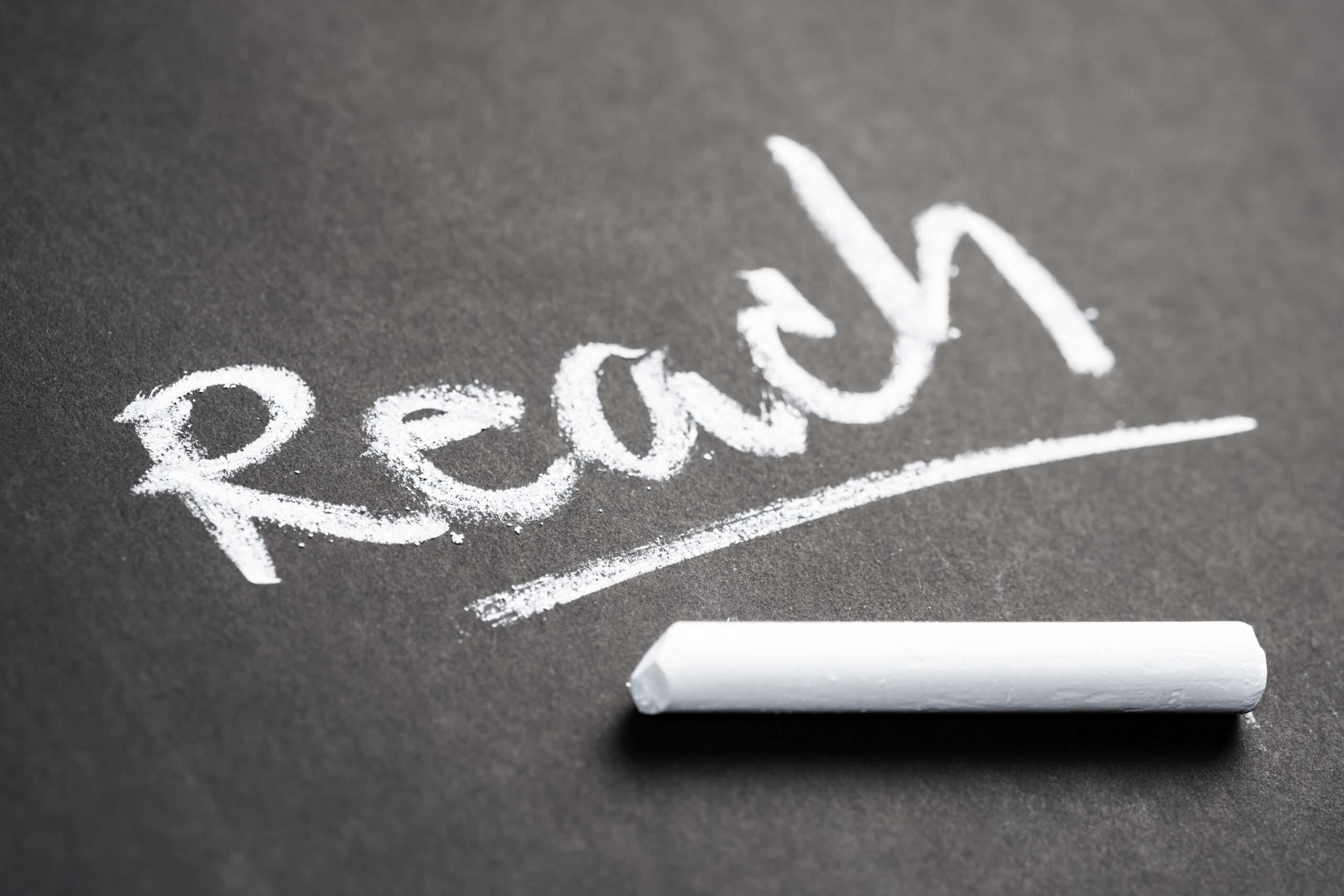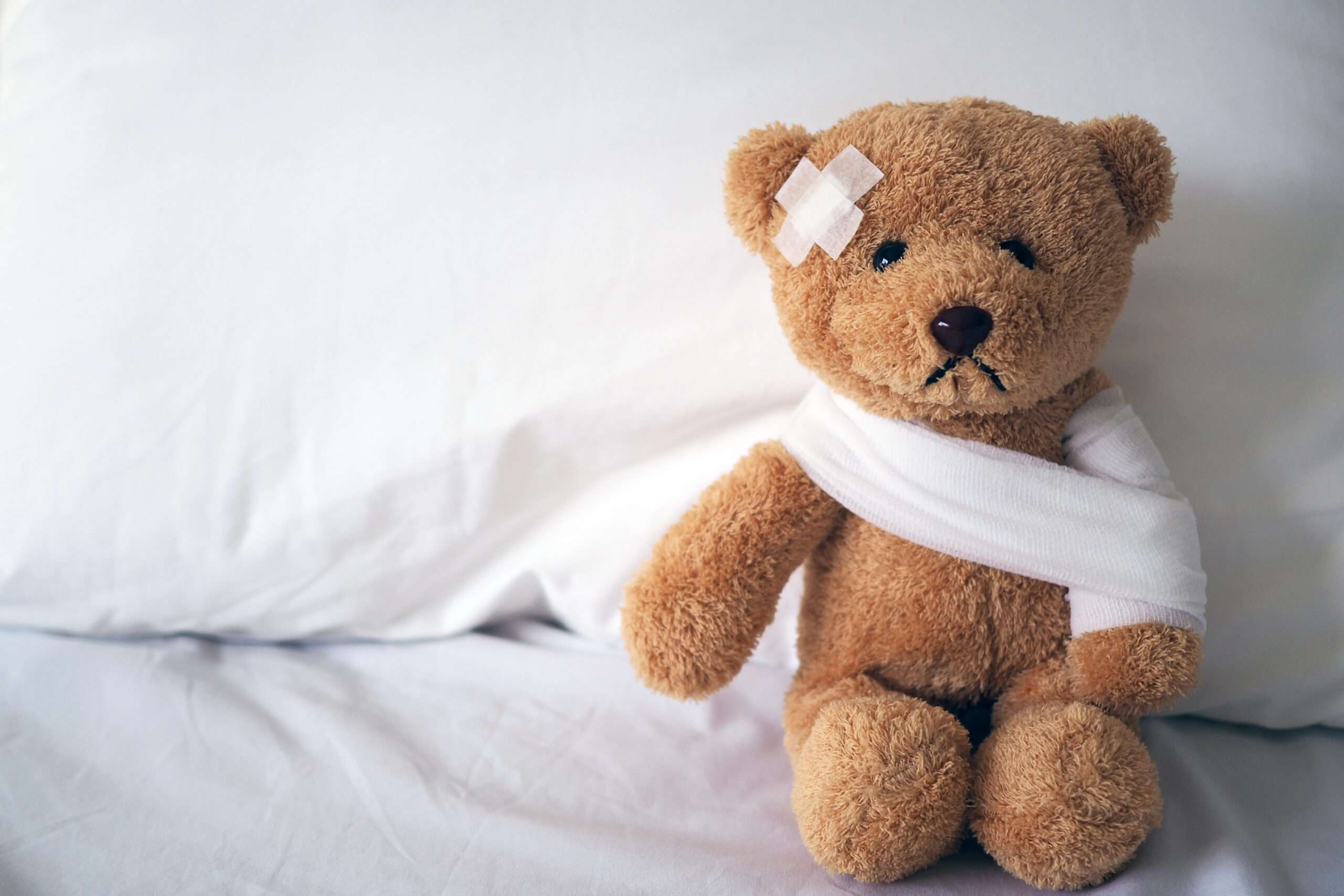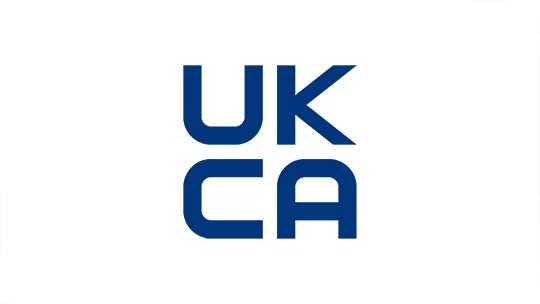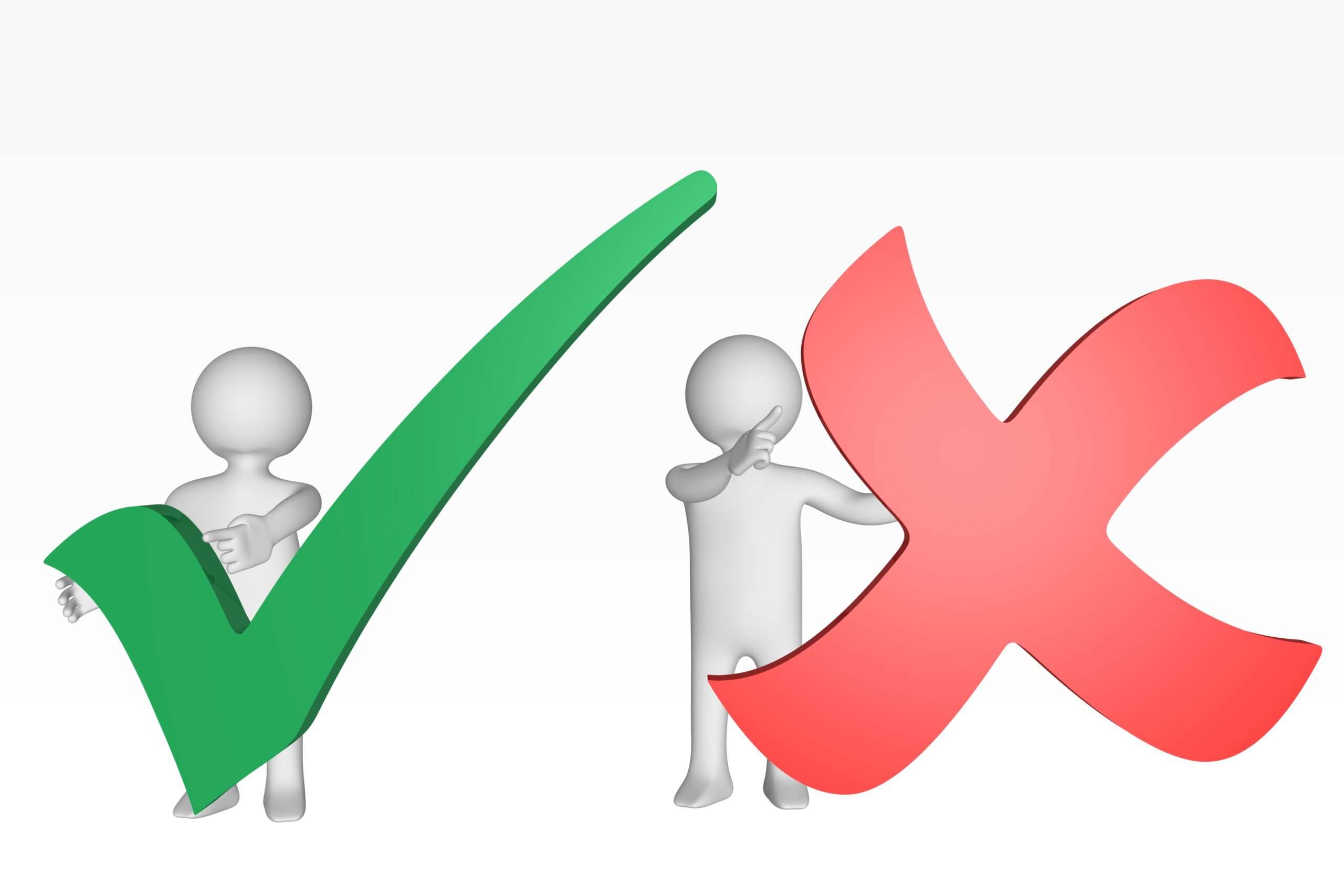Laboratory tests and guidelines
The China Import Agentur Frisch can already carry out laboratory tests and tests according to CE guidelines in China.

Laboratory tests in China
With our registered trademark for laboratory tests “Both” we already ensure the quality of your goods in China. We can carry out most laboratory tests such as LFGB, REACH or tests according to CE guidelines, such as e.g. Toy Directive, Machinery Directive, EMC, LVD, RoHS etc. already in China, including the corresponding DIN standard tests.
Risk Analysis & Certificates
If your product meets your expectations, the marketability of your product must also be ensured. To do this, we examine the risks of your product in a risk analysis. If the risk analysis reveals that necessary tests are missing, we take care of the tests that are still required.
Battery law
The purpose of the battery law is to reduce pollutants in waste. For this purpose, guidelines on substances that have run their course in batteries were issued, as well as certain take-back obligations for manufacturers. For starter batteries, according to the manufacturer’s regulation, e.g a deposit will be charged if no old battery is returned when the new battery is purchased.
Organic certification
Companies that trade in organic food are obliged to take part in the control procedure in the EU. All levels of the organic product chain must be subject to independent audits. Only products that are proven to come from organic farming may actually be sold as organic products.
DIN standards test
The DIN standards often mention safety regulations or safety instructions that should be taken into account in production. If the standard is not taken into account, it is often difficult to prove why the product is still safe, since authorities often tend to regard a product as unsafe if the safety requirements according to the DIN standard have not been observed.
We determine the relevant standards for your product. If you wish, we will go one step further and evaluate the standards for you and give you recommendations for action.
A DIN standard is a mostly voluntary standard that was developed by manufacturers, experts and scientists. A current standard must correspond to the current state of the art, which is why DIN standards are checked every five years. DIN standards are a recommendation for the production of a product, but there is no obligation to comply with the standards during manufacture, unless the legislator has prescribed compliance with the standard in a law or in a regulation, this is often e.g. This is the case, for example, in CE directives. However, the assumption usually applies that the standards correspond to the state of the art. If you do not comply with the standards, you may have to prove how you have complied with the current state of the art, even if the standard is not complied with required by law or regulation.
Import Rules Analysis
Although it is not regulated by the state in Germany and the EU who is allowed to import, there are still many rules that the importer has to comply with. From a purely legal point of view, the importer is the manufacturer of the imported goods and bears full liability for his imported goods. We analyze the import rules for you and give you recommendations for action. If you wish, we can then go one step further and you can have us carry out the DIN standard test and the risk analysis.
Electromagnetic compatibility
The EMC test examines whether the electrical product/device is electromagnetically compatible. It also tests how secure the device is against receiving interference. In order to be CE compliant, the test for various product groups such as e.g. Industrial technology, consumer electronics, automotive technology, aerospace technology, medical technology and information technology are prescribed. The legal basis for the test is usually the EMC directive, for motor vehicles it is e.g. Part of the ECE directive.
ERP guideline (Ecodesign guideline)
The directive came into force in 2011. The directive mainly deals with energy efficiency and environmental compatibility of products/devices. Office technology, household appliances, consumer electronics, lamps and lights and air conditioning units are particularly affected by the directive.
Declaration of Conformity
With the declaration of conformity, you certify that your product complies with the relevant safety regulations of the corresponding DIN standards and guidelines. For many products that CE directives or the LFGB are subject, the regulations already stipulate that declarations of conformity must be available and what they must look like. We check the technical documentation for you and create the declaration of conformity for your product.
LFGB - Food and Feed Code
The LFGB applies to animal feed and food, but also to consumer goods. In order to assess whether consumer goods may be sold in the EU, it must be ensured that they do not release any harmful substances into the food. Consumer goods are all objects that come into direct contact with food, e.g.. Plates, cups, cutlery, pepper shakers, fruit bowls etc.
However, all products that are in contact with human mucous membranes or with skin and hair for a longer period of time are also subject to the LFGB. These include e.g. bedding, baby teats (dummy), whistles and toothbrushes.
Supply Chain Law
Stands in particular for environmental protection and occupational safety. As part of the supply chain law, German companies should ensure that minimum standards are met by international suppliers. The supplier is checked to ensure that there are no violations of human rights and that the occupational safety regulations are based on an international standard.
Machinery Directive
Directive 2006/42/EG Regulation for bringing machines into the EU, was also adopted by Switzerland and Turkey. The safety and health requirements on the machine and thus compliance with the safety requirements of the relevant DIN standards are checked.
Testing and approval according to the Medical Device Directive
Directive 93/42/EEC on the marketability of medical products. The corresponding technical documents are created that are sufficient for approval for class I medical devices, for products from class II we prepare the inspection of a notified body for you. The medical directive places strict conditions on the “qualified person” in the legal area of the EU, so that we can put you in touch with a suitable person who is liable for your product and who is then also responsible for the DIMDI registration.
Measuring Devices Directive
Directive 2004/22/EG for testing the conformity of measuring devices such as e.g. B. water meters, gas meters, electricity meters, heat meters and automatic scales.
Low Voltage Engineering (LVD)
Low-voltage tests on technical/electrical equipment with specific voltage limits. All aspects of the devices that must be complied with according to the directive are checked. This also includes compliance with the product safety regulations of the relevant DIN standards.
Personal Safety Equipment (PPE)
Directive 2016/425 on the safety of personal safety products such as work gloves, respirators or protective shoes. Any product that protects against at least one risk is subject to this policy. Depending on the class of your PPE item, we carry out the necessary conformity procedures such as internal production control, preparation of the technical documentation with examination of the safety and health requirements, and for PPE from Class II, we prepare the examination by the notified body for you and accompany the processes.
Radio Equipment Directive (RED)
Directive 2014/53/EU for placing electronic products with radio equipment components on the market. The provisions on electromagnetic compatibility are included in the RED directive, so that products that are subject to the RED directive and are tested accordingly do not have to be tested again in accordance with the EMC directive.
REACH regulation
According to EC 1907/2006 certain harmful substances may only be contained in products in limited quantities or certain harmful substances are completely forbidden in products. In order to rule out that restricted or banned substances are contained in quantities that exceed the limit value, the material should be checked accordingly.
Toy Policy
2009/48/EG regulates the safety regulations and conformity procedures for toys for importability into the EU. We test the toy for you in accordance with the toy directive and the relevant DIN standards (e.g. B. EN71 and create the corresponding test reports for your technical documentation.
UKCA and UK Representative or EU Representative
If you as an EU citizen want to sell goods in the UK or come from the UK, Switzerland or other third countries and want to sell goods in the UK or the EU, you need a person in the UK or in the EU who is responsible for your products (representative). We provide you with a person who acts as a representative (liability person) for your products in the EU or UK. Within this framework, the CE (for EU) or UKCA (for UK) conformity of your product is checked.
Checking certificates for authenticity and plausibility
You have received certificates or test reports from your supplier and are unsure whether these are genuine, sufficient or plausible? We would be happy to check the certificates for you and you will receive a report from us assessing the authenticity, completeness and plausibility of the certificates.
Product Safety Act
Obligations of the importer according to product safety law
Validity of the Product Safety Act
The Product Safety Act actually applies to all products, the only exceptions being antiques, used items, military items, food/feed, living plants and animals, medical devices and plant protection products.
risk assessment
A product may only be made available on the market if it does not endanger the safety and health of people when used as intended and foreseeably. Particular attention must also be paid to groups of people who are at risk (children, pregnant women, etc.). Be warned of any possible risk, e.g. in an attachment/insert.
For this reason, a risk assessment is required for every product.
All warnings, safety instructions and operating instructions must be provided in German.
To assess whether a product may be made available on the market, the relevant standards should be consulted. If compliance with the standards during production is proven, the presumption applies that the product meets the safety requirements and can be made available on the market.
The importer must be clearly recognizable on the product, in particular by the name and contact address on the product (e.g. by a sticker, engraving, imprint), and the product designation and model designation must be applied to the product (identification features).
safety instructions
Clear and easy-to-understand information on risks associated with the product must be attached to the product, the packaging or the enclosure (e.g. manual) in German.
Regular spot checks/sample tests
The manufacturer (importer) must carry out regular random checks on his product. The sampling required depends on the level of risk associated with the product and the means of avoiding the risk. A record should be made of the sample test in order to be able to prove the sample test. If tests reveal additional risks that pose risks to the safety and health of people, the importer must immediately inform the market surveillance authority about how to avoid the risk and about the recall process. If the importer informs the authorities himself about the risks of his product, which he has determined in a random test, neither criminal proceedings nor administrative offense proceedings may be initiated against him.
CE mandatory articles
It is forbidden to make a product available on the market if the product, the packaging or the accompanying documents are provided with the CE marking without being a CE-mandatory article. If it is an article subject to CE, the article may not be made available on the market without being provided with the CE marking. The CE marking must be clearly visible, legible and permanently attached to the product or its type plate. If a notified body has carried out the production control, the code number of the notified body appears next to the CE.
Market surveillance: Obligation to comply with standards
– If standards are not met, the market surveillance authority can prohibit sales in Germany
– The market surveillance authority can order measures that result in the product only being made available on the market once it meets the requirements.
– The market surveillance authority can order the inspection by a notified body or equivalent body
– The market surveillance authority can prohibit the provision on the market for the period that is absolutely necessary for the examination.
– The authorities can order the withdrawal or recall of a product that is already on the market.
– The market surveillance authority and its authorized persons are authorized to enter the business premises and company premises during business hours, in or on which products are manufactured, used, stored or exhibited for the purpose of making them available on the market. Samples may also be taken, documents and information may be requested in order to check the conformity of the products. Samples, documents and information must be made available to the authority free of charge.
Upon request, the manufacturer must submit the technical documentation to the market surveillance authorities after the product has been placed on the market, which must include at least the following:
- A general description of the product
- Drawings, results of examinations/tests etc.
- Documentation of the risk assessment
- applied standards
- if required by the risk assessment: operating instructions, instructions for use or installation instructions. .
- If applicable, declaration of incorporation or EU/EG declaration of conformity for supplier parts
- EC Declaration of Conformity
Obligations of economic operators
The manufacturer must ensure that the product he provides corresponds to the type tested. Only compliant products that comply with the relevant standards may be made available on the market.
The manufacturer is liable for the product if he is based in the EU, otherwise the representative/authorised representative who is based in the EU and has been authorized by the manufacturer to do so. If there is no other representative in the EU, the fulfillment service provider where the goods are stored and from which the goods are shipped in the EU is otherwise liable.
The economic operators have to ensure that an EU declaration of conformity, a declaration of performance and technical documentation have been drawn up for the product. The declaration of conformity or declaration of performance must be kept ready for the supervisory authorities. This must be made available to the authorities upon request.
Upon reasoned request from a market surveillance authority: Submission to the authority of all information and documents necessary to demonstrate the conformity of the product in a language that can be easily understood by that authority.
If there are reasons that a certain product poses a risk: inform the market surveillance authority.
Labeling of product on packaging: The product, packaging or accompanying document must be marked with the name, trade name or trademark and contact details including postal address of the manufacturer or his representative.
quality control
the manufacturer of a product or his authorized representative must introduce and apply regular and effective quality control with defined test procedures. These must be carried out and recorded at regular intervals (quality assurance system).
Quality is the most important requirement in the manufacture of products. Conformity is intended to ensure consistent quality. Conformity tests are required by law as part of the conformity procedure.
The manufacturer of a product is obliged to develop and carry out a quality assurance procedure. Conformity of production procedures are designed to ensure that each product, system, component and separate technical unit manufactured conforms to the sample tested as “conforming”. This is the only way to guarantee quality.
Each manufacturer of a product must introduce and apply defined test methods for effective control and is responsible for the compliance of his products with the required quality. At the request of the supervisory authority, he must make the test results available.
These test procedures must be carried out and recorded at regular intervals.
distance selling
Where a product is offered for sale online or through any other form of distance selling, the product is deemed to have been made available on the market if the offer is made to the end-user in the EU. A sales offer is deemed to be addressed to end users in the EU if the relevant economic operator directs its activities in any way towards a member state of the EU.
control of the customs authorities
The customs authorities suspend the release of a product for free circulation if the inspection (import) establishes that:
- a) The product is not accompanied by the documents required by Union law or there are reasonable doubts as to the authenticity, correctness or completeness of the documents.
- b)The product is not properly marked or labeled
- c) The product bears a CE marking or other marking that has been affixed in an untruthful or misleading manner
- d)The name, trade name or registered trademark and contact details including postal address of the responsible economic operator are not indicated.
- e) There are other reasons to believe that the product poses a risk to health, safety, the environment or any other public interest.
Criminal provisions according to the Product Safety Act
Violations can be punished with up to one year imprisonment or a fine
